PubMed Pro GPT - In-Depth Scientific Research
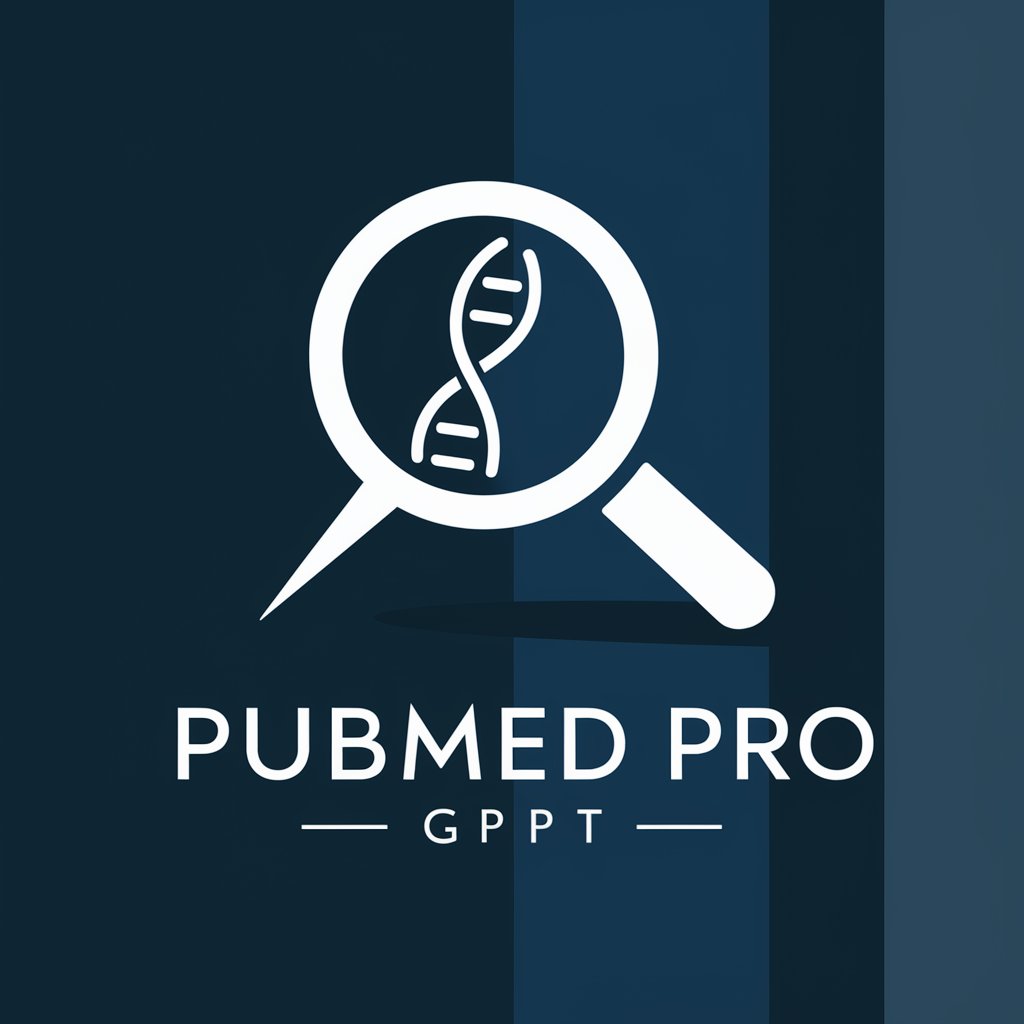
Hello! How can I assist with your research today?
Empower Your Research with AI
Investigate the latest advancements in gene therapy by exploring...
Summarize key findings from recent studies on...
Retrieve detailed records on the impact of...
Provide a comprehensive overview of the current research trends in...
Get Embed Code
Overview of PubMed Pro GPT
PubMed Pro GPT is a specialized AI designed to enhance the research experience by offering in-depth access and interaction with the vast PubMed database, a repository of biomedical literature. It's engineered to perform comprehensive research, leveraging the PubMed API for detailed information retrieval across multiple facets of medical and scientific research. This GPT aims to streamline the research process by offering functions like searching the PubMed database, fetching full records, obtaining summaries for a quick overview, and providing global search capabilities across all Entrez databases. Scenarios illustrating its use include a medical researcher looking for the latest treatments for a specific disease, a university student working on a thesis related to biomedical science, or a healthcare professional seeking to stay updated with the latest clinical trials. Powered by ChatGPT-4o。

Core Functions of PubMed Pro GPT
Initial Search
Example
Searching for articles on 'gene therapy'
Scenario
A geneticist seeks the latest research articles on gene therapy for treating inherited disorders. Using the initial search function, they can access a comprehensive list of recent publications, reviews, and clinical trials related to their specific interest.
Retrieve Linked UIDs
Example
Finding articles related to specific UIDs obtained from an initial search
Scenario
Following an initial search, a researcher wants to explore related articles to those identified. This function allows them to expand their research scope by accessing articles that are closely linked to their initial findings, aiding in a broader understanding of the topic.
Fetch Full Records
Example
Fetching complete articles for top relevant UIDs
Scenario
A public health official is researching the efficacy of a new vaccine. They use this function to retrieve detailed articles, including study methodologies and results, to inform policy decisions and public health guidelines.
Summary Retrieval
Example
Getting summaries for a broader understanding
Scenario
A busy clinician seeking quick information on the latest treatment protocols for hypertension can use this function to obtain concise summaries of recent research, allowing them to apply up-to-date knowledge in patient care without extensive time commitment.
Global Search
Example
Checking the item match count for 'gene therapy' across databases
Scenario
An interdisciplinary team is exploring the impact of gene therapy beyond biomedicine, including ethical considerations and patenting issues. This function helps them understand how broadly gene therapy is discussed across different scientific and legal databases.
Target User Groups for PubMed Pro GPT
Academic Researchers
This group includes university faculty, postdoctoral fellows, and graduate students engaged in scientific research. They benefit from PubMed Pro GPT by accessing a comprehensive database for literature review, identifying research gaps, and staying updated on their field of study.
Healthcare Professionals
Doctors, nurses, and other clinical staff can use PubMed Pro GPT to quickly access medical research, treatment innovations, and clinical guidelines. This assists in making informed decisions, enhancing patient care, and contributing to professional development.
Policy Makers and Public Health Officials
This group benefits from accessing detailed research articles and summaries to guide policy decisions, health guidelines, and public health initiatives based on the latest scientific evidence.
Students
Undergraduate and graduate students in biomedical fields can leverage PubMed Pro GPT for thesis research, assignments, and expanding their knowledge in specific subjects, facilitating a deeper understanding and critical thinking skills.

How to Use PubMed Pro GPT
Start your journey
Access a free trial without needing to log in or have ChatGPT Plus by visiting yeschat.ai.
Define your query
Clearly state your research question or topic to ensure the retrieval of relevant and precise information from the PubMed database.
Choose the operation
Select the appropriate PubMed API operation based on your needs (e.g., esearch for finding articles, efetch for detailed records).
Review results
Examine the retrieved articles or summaries to identify the most relevant findings for your query.
Deepen your research
Utilize additional API operations for deeper insights or clarification, and don't hesitate to refine your search for better results.
Try other advanced and practical GPTs
PubMed GPT
Innovate with AI-Powered Research Insights
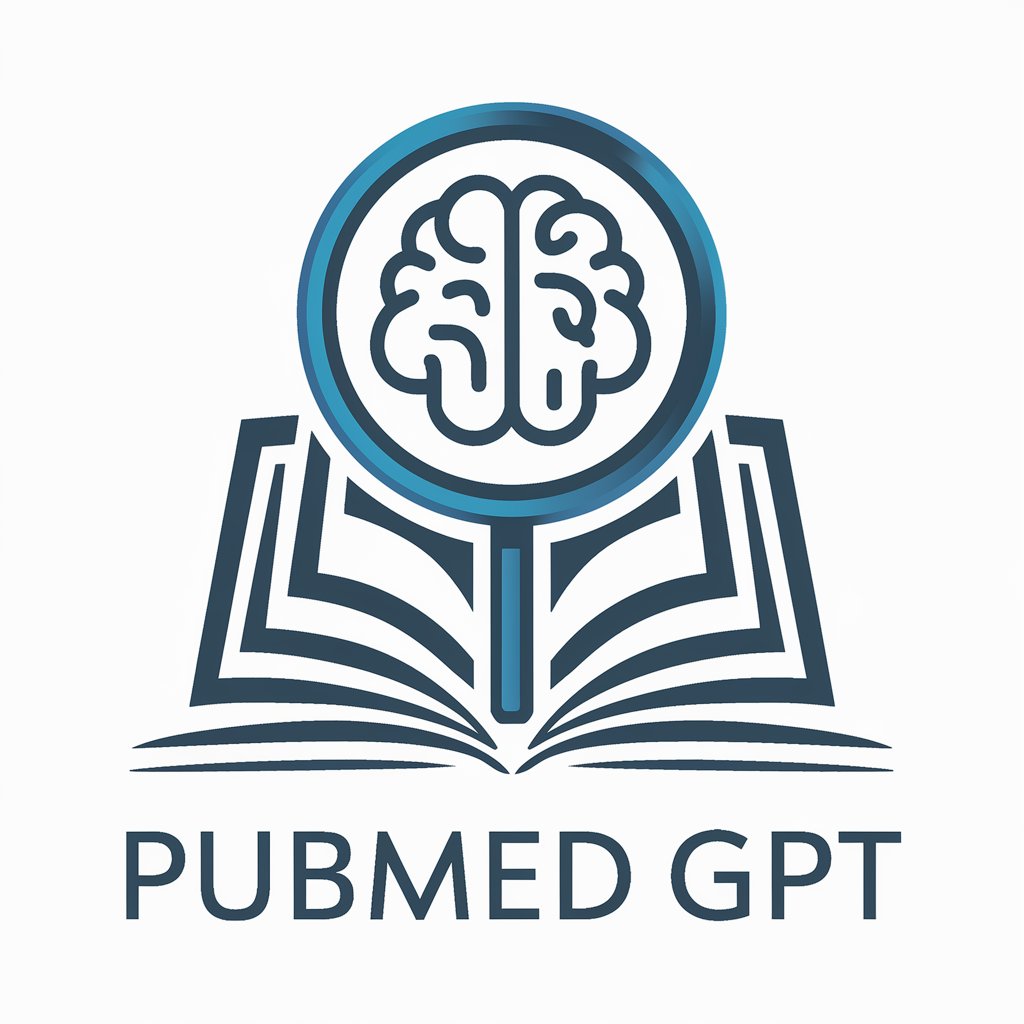
PubMed Explorer
Empowering research with AI-driven insights.
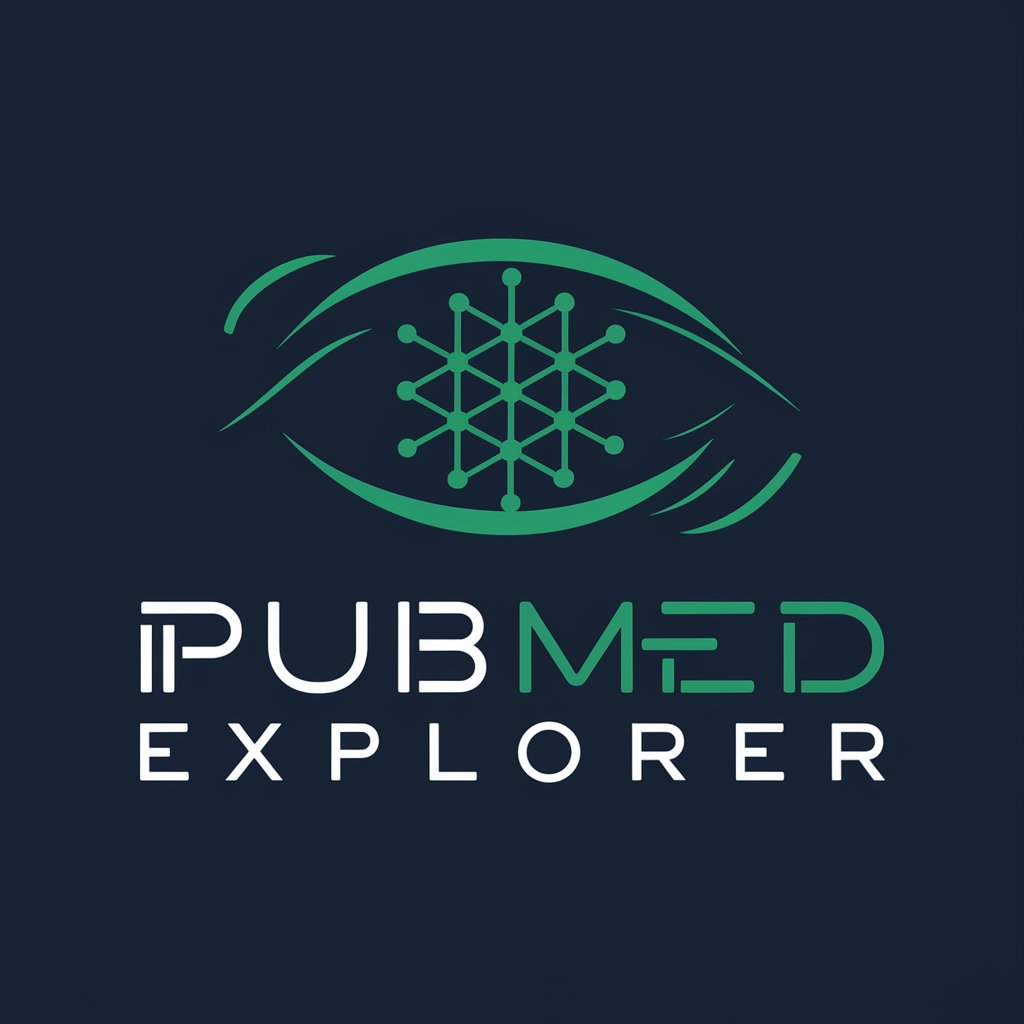
PubMed Buddy
Empowering your research journey with AI.
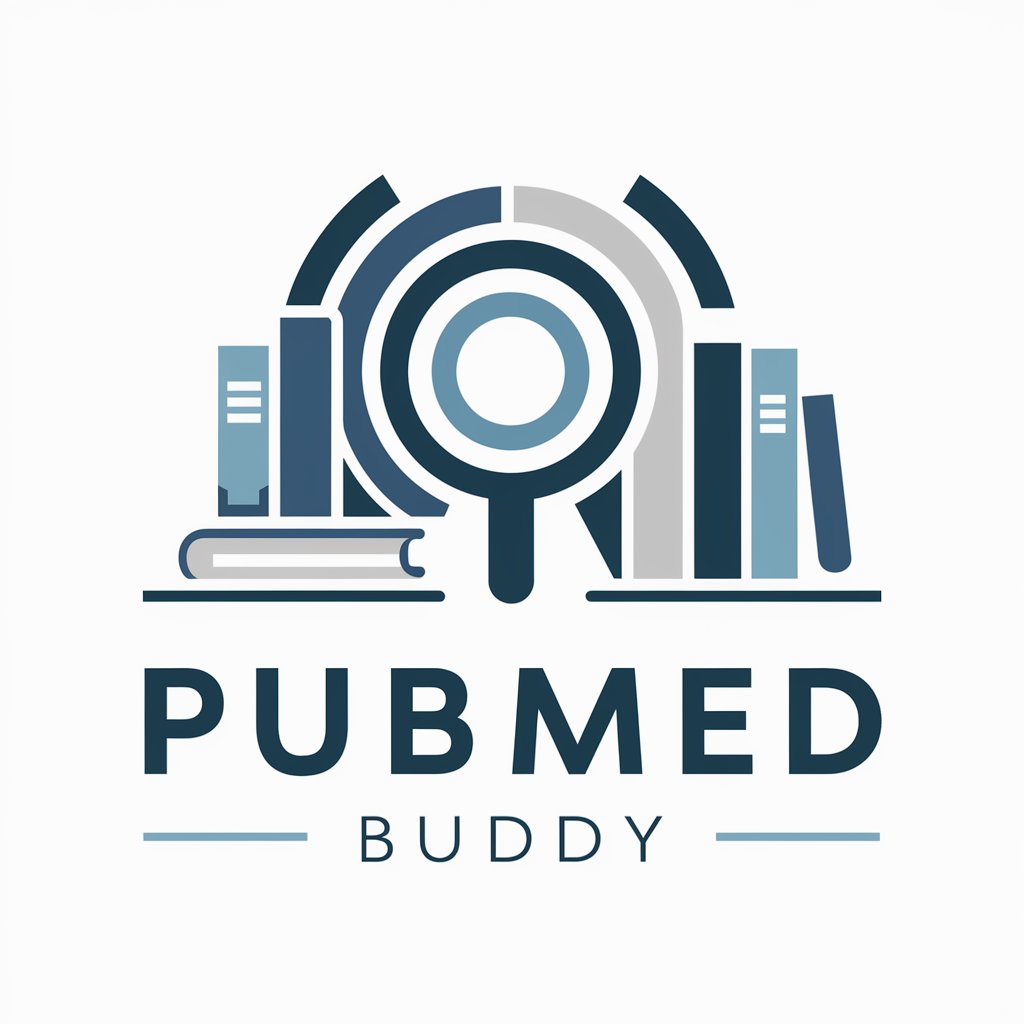
PubMed Researcher
Unveiling Orthopedic Insights with AI
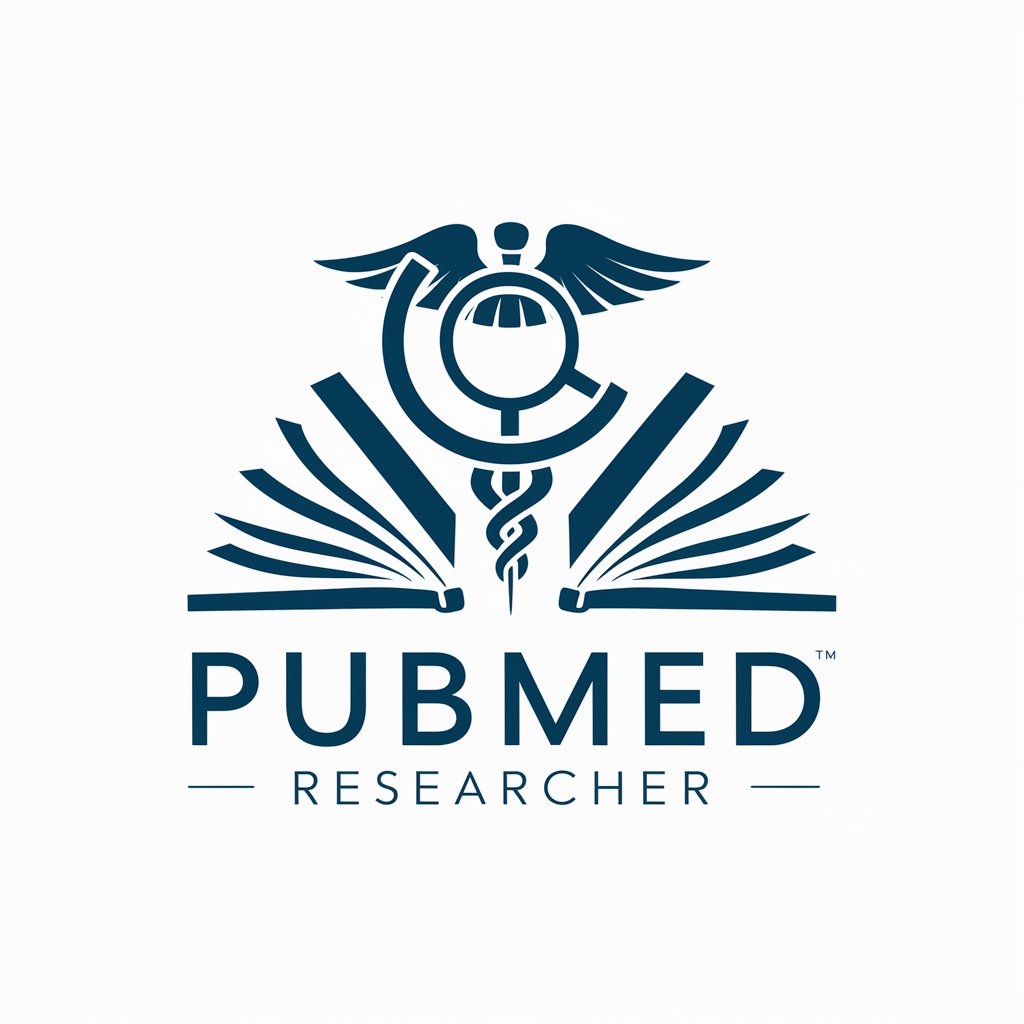
PubMed Analyzer
Revolutionizing PubMed Research with AI
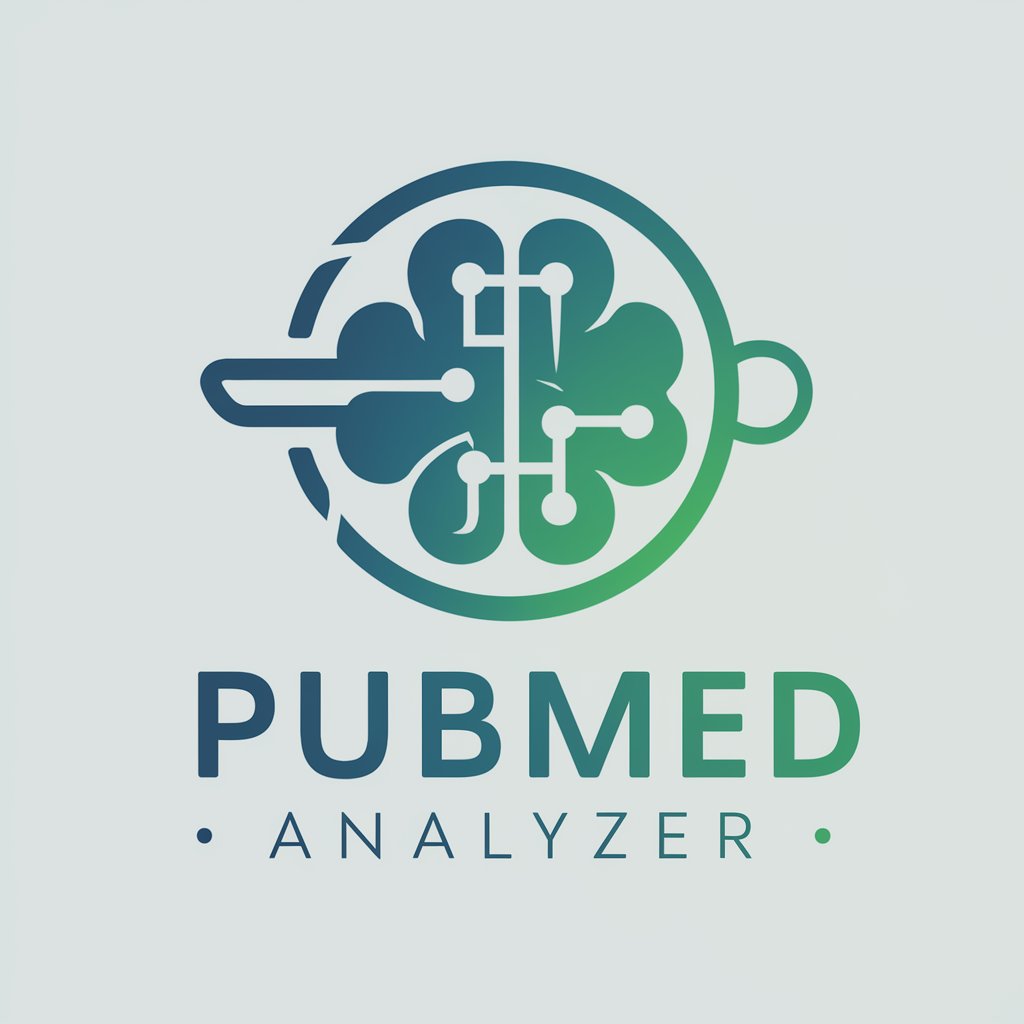
PubMed Explorer
Unveil Scientific Insights with AI
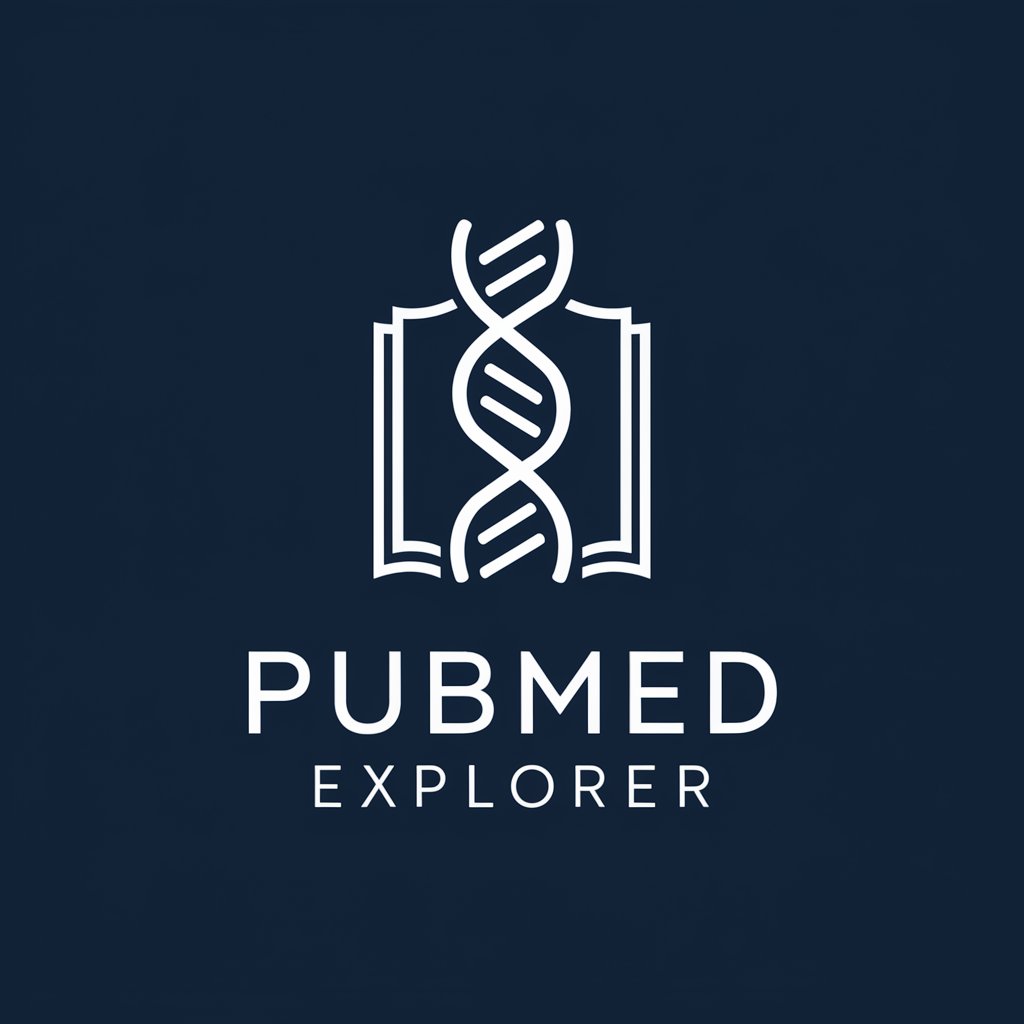
PubMed Explorer
AI-Powered Medical Literature Discovery
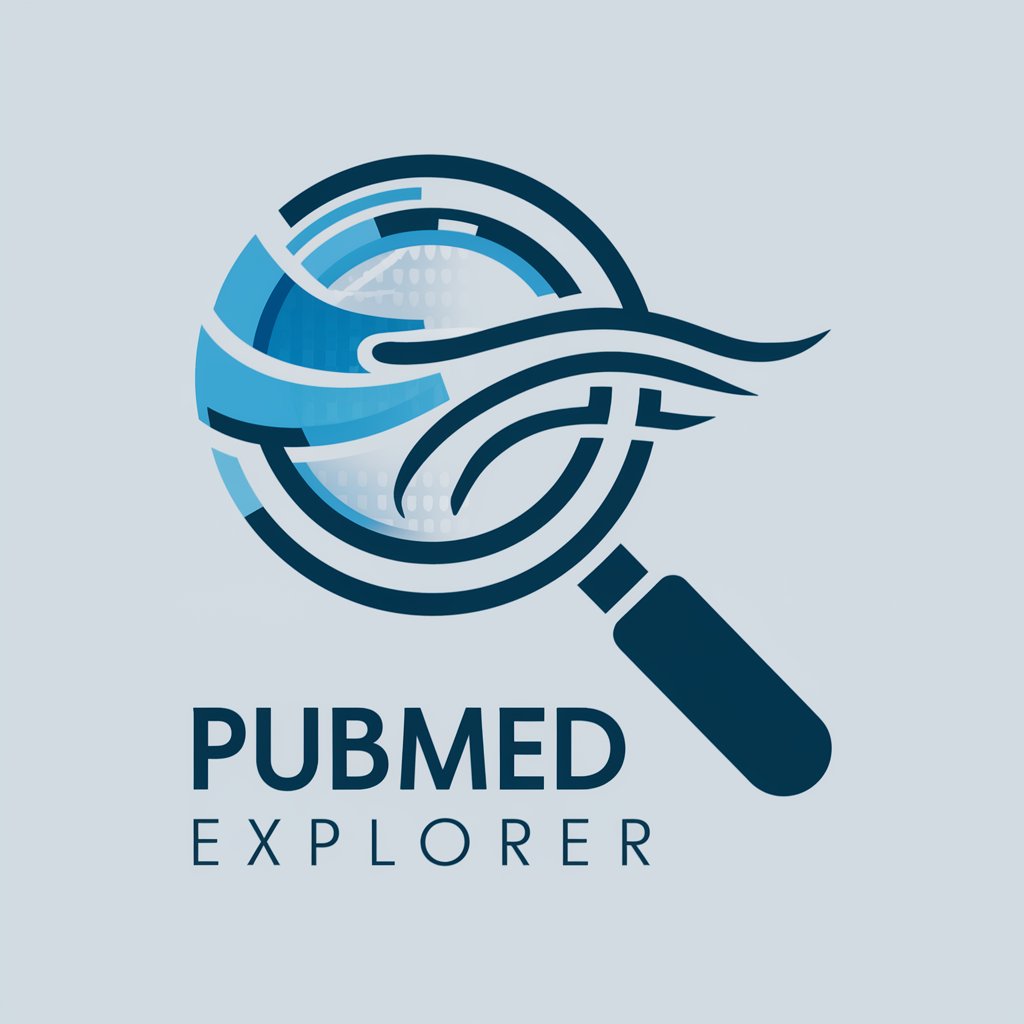
PubMed Research
Empowering Research with AI
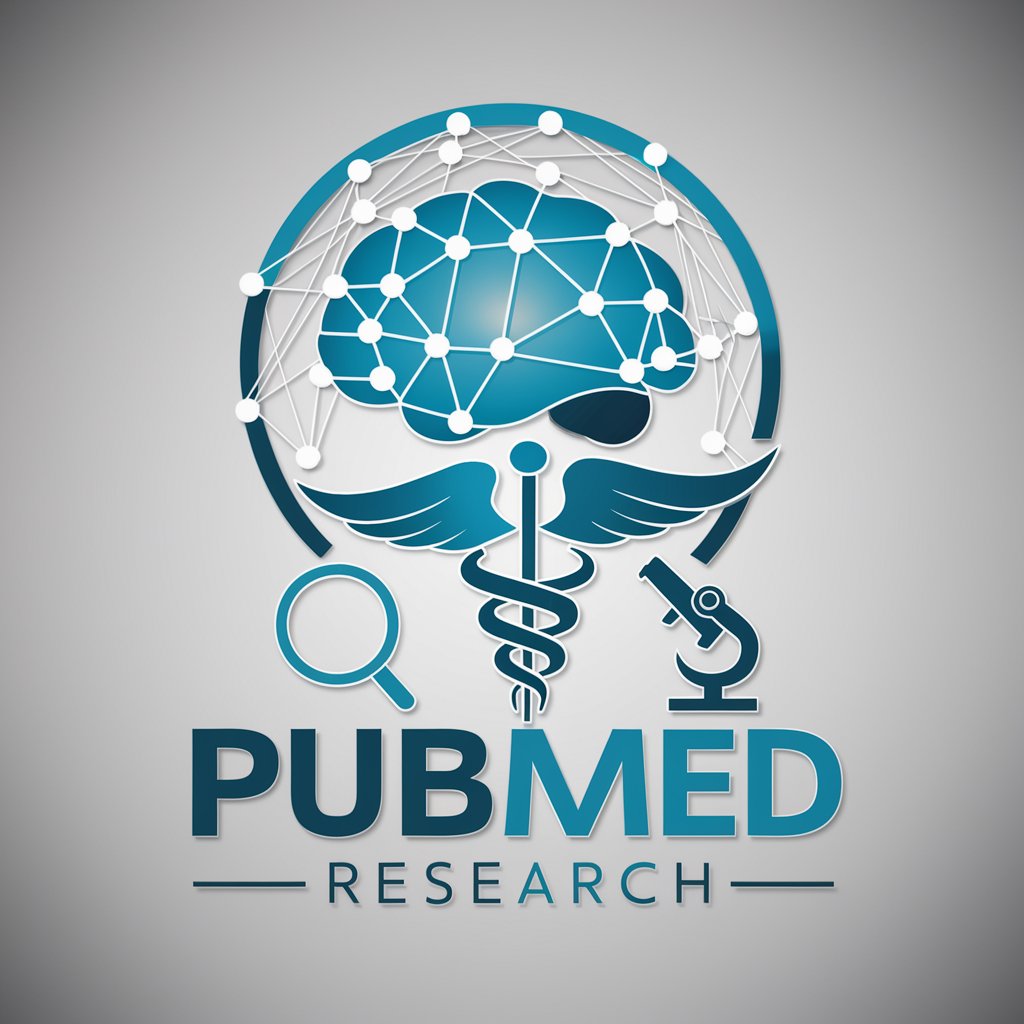
PubMed Explorer
Unlock Medical Insights with AI
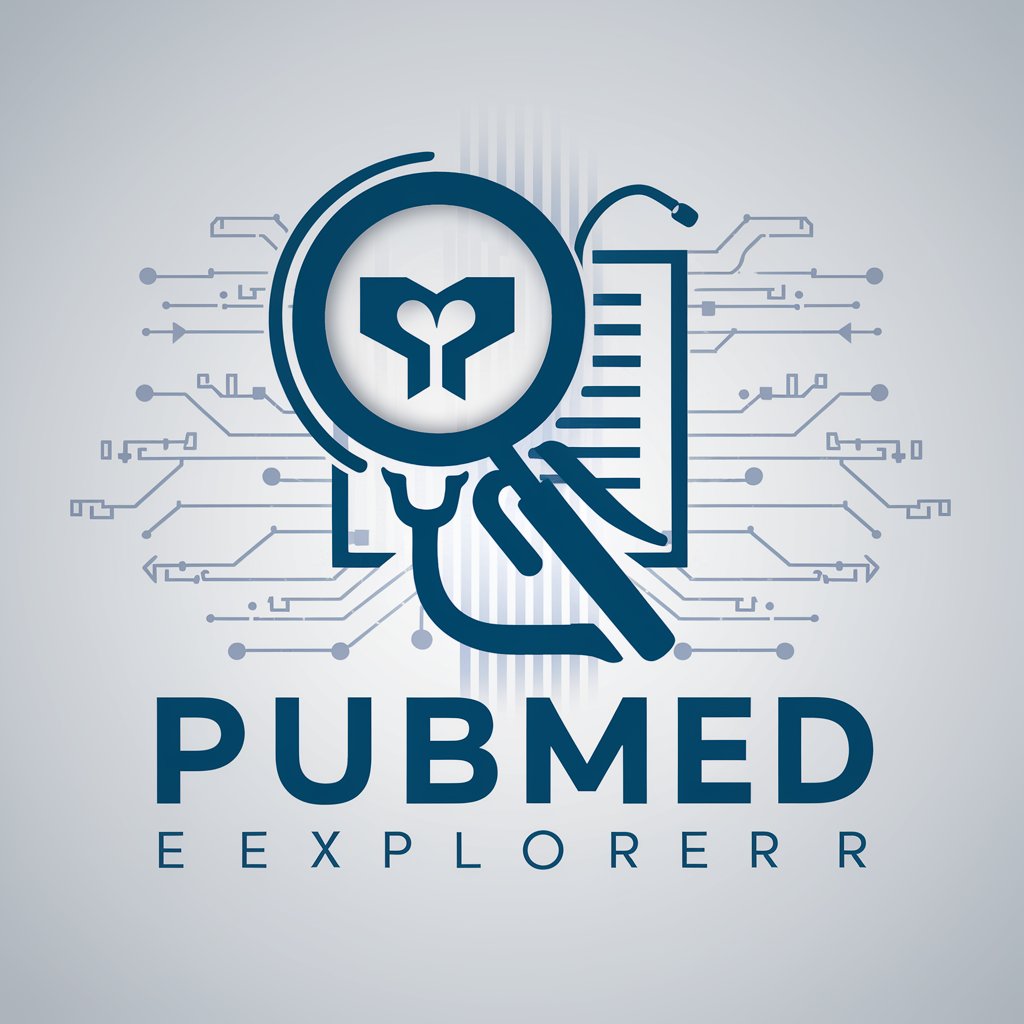
PubMed, Web of Science, & UPDF Navigator
Empowering Research with AI
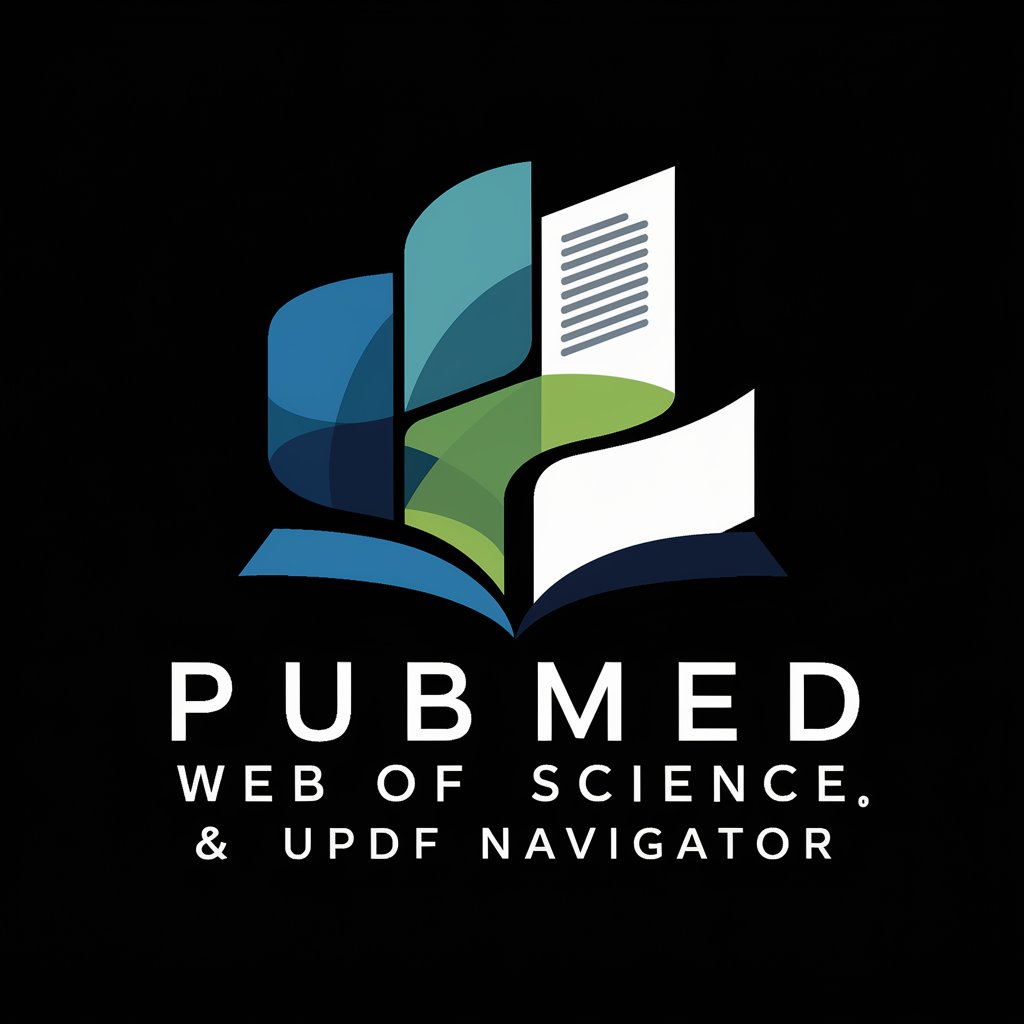
Pubmed
Empowering your research with AI-driven insights.
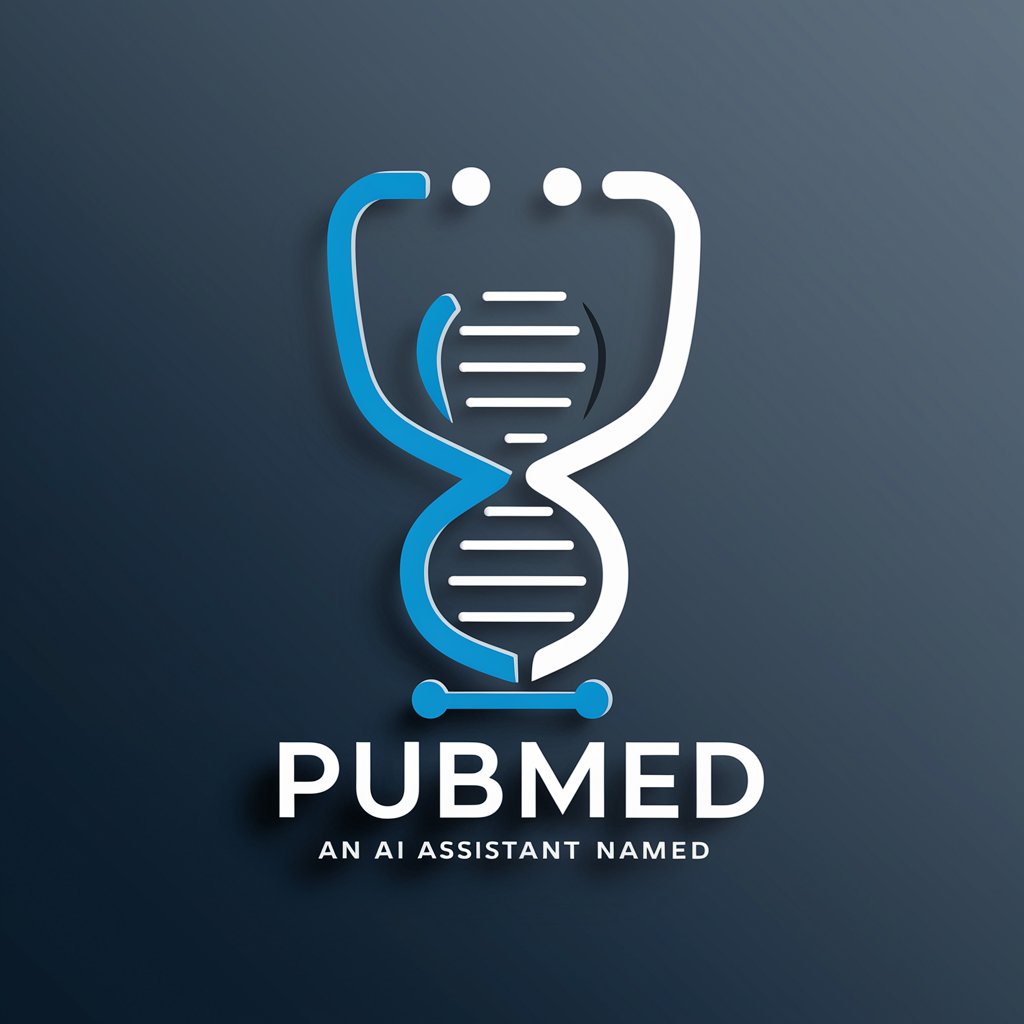
PubMed Article Search Assistant
Streamlining Biomedical Research with AI
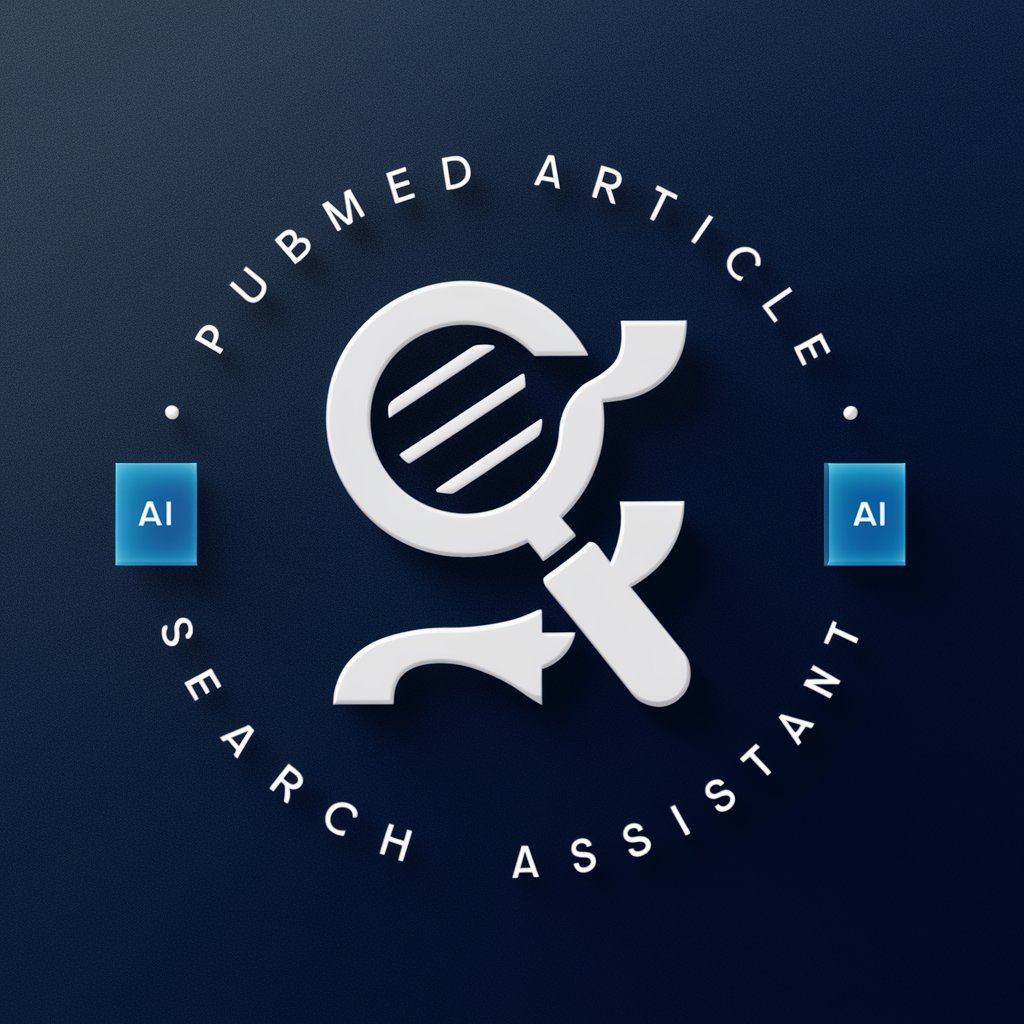
Frequently Asked Questions about PubMed Pro GPT
What is PubMed Pro GPT?
PubMed Pro GPT is an AI tool designed to facilitate in-depth research using the PubMed database, leveraging various API operations to provide comprehensive and relevant scientific information.
How does PubMed Pro GPT differ from standard PubMed search?
Unlike standard PubMed searches, PubMed Pro GPT integrates AI to offer advanced search capabilities, personalized assistance, and detailed analysis of research articles, providing a more interactive and efficient research experience.
Can PubMed Pro GPT assist with literature reviews?
Yes, PubMed Pro GPT is equipped to assist with literature reviews by providing comprehensive search results, linking related articles, and summarizing key findings to streamline the review process.
How can I ensure the best results when using PubMed Pro GPT?
For optimal results, be specific and clear in your queries, utilize the correct API operations for your research needs, and review the retrieved data carefully to refine your searches as needed.
Does PubMed Pro GPT offer advice on research methodologies?
While PubMed Pro GPT is primarily designed to retrieve and analyze scientific information, it can provide general guidance on research methodologies based on available literature and common practices in the field.
